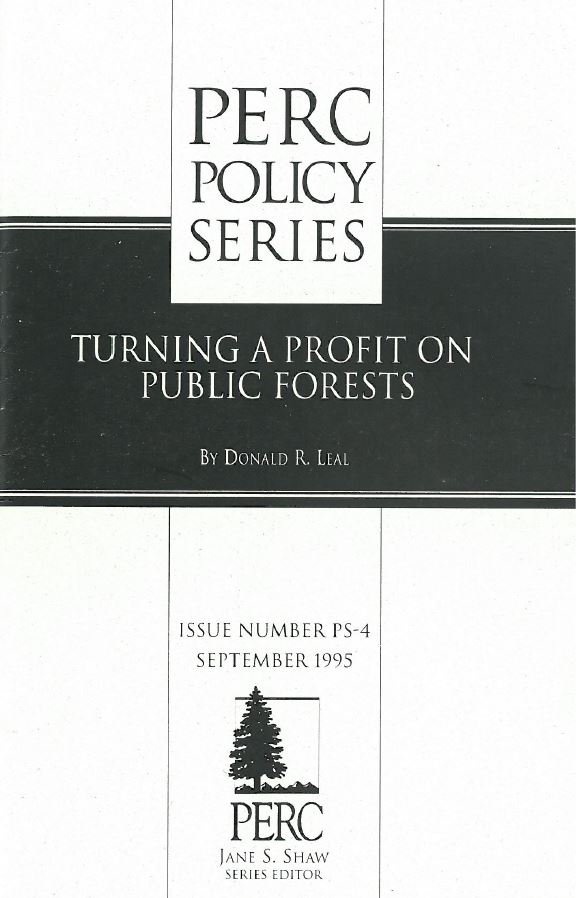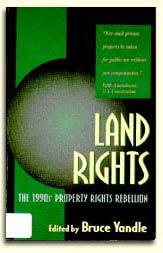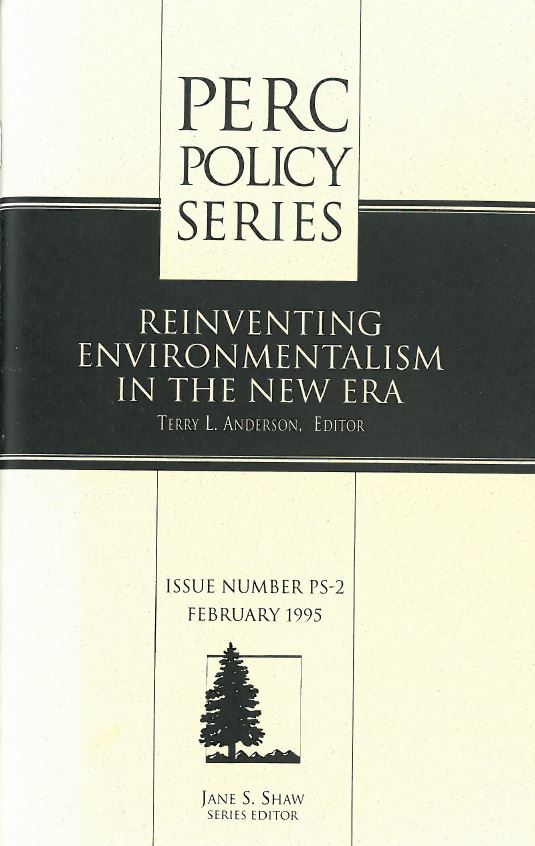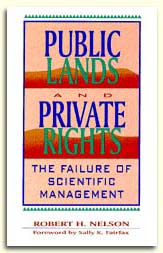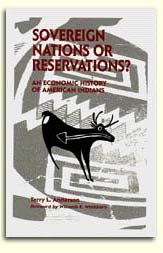[…] has an incentive to find balance. If Audubon chooses to keep the environment pristine, it must bear the full cost of lost income; it doesn’t get a free ride the way it does through the political system. If Audubon allows development, it is free to place whatever controls it thinks appropriate on the development. […]

